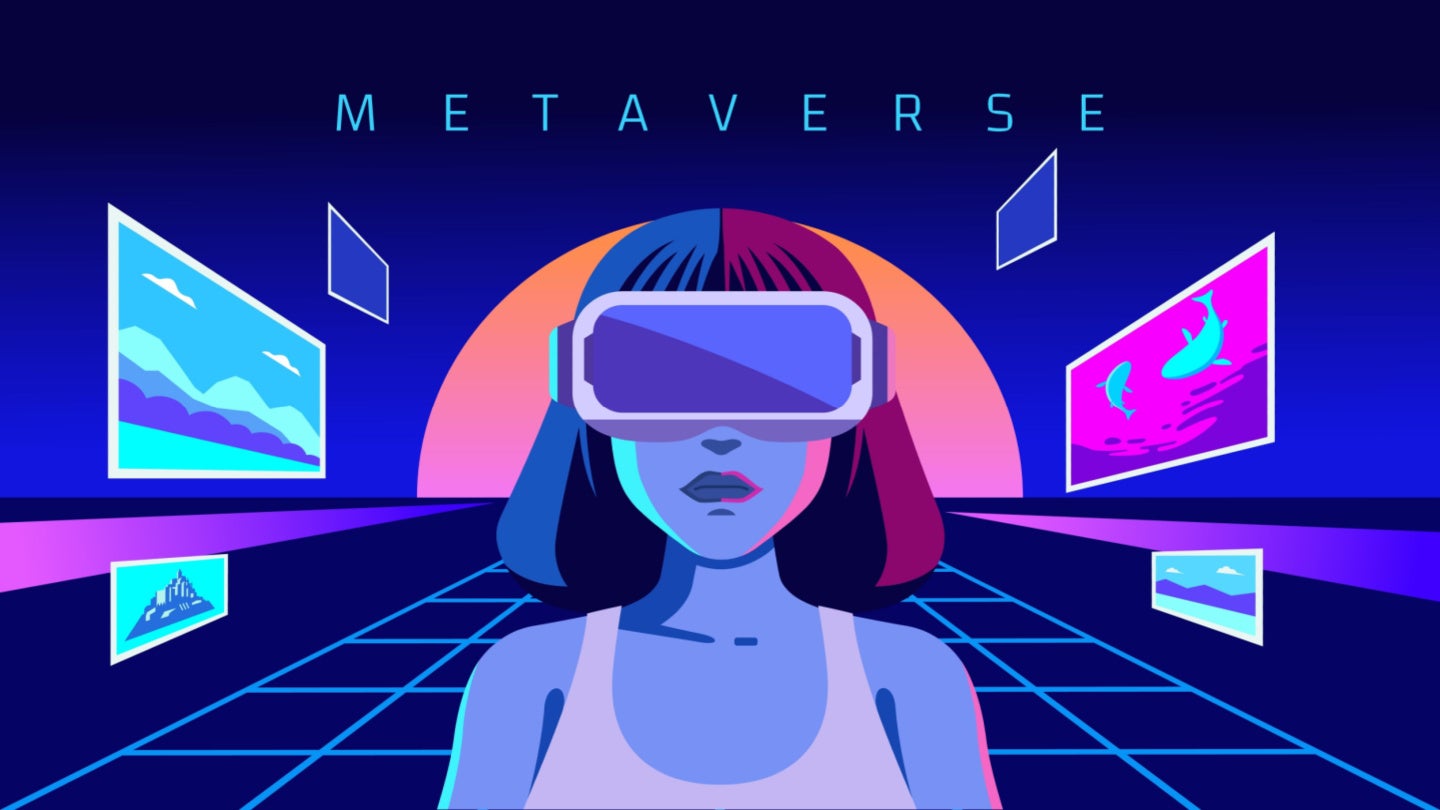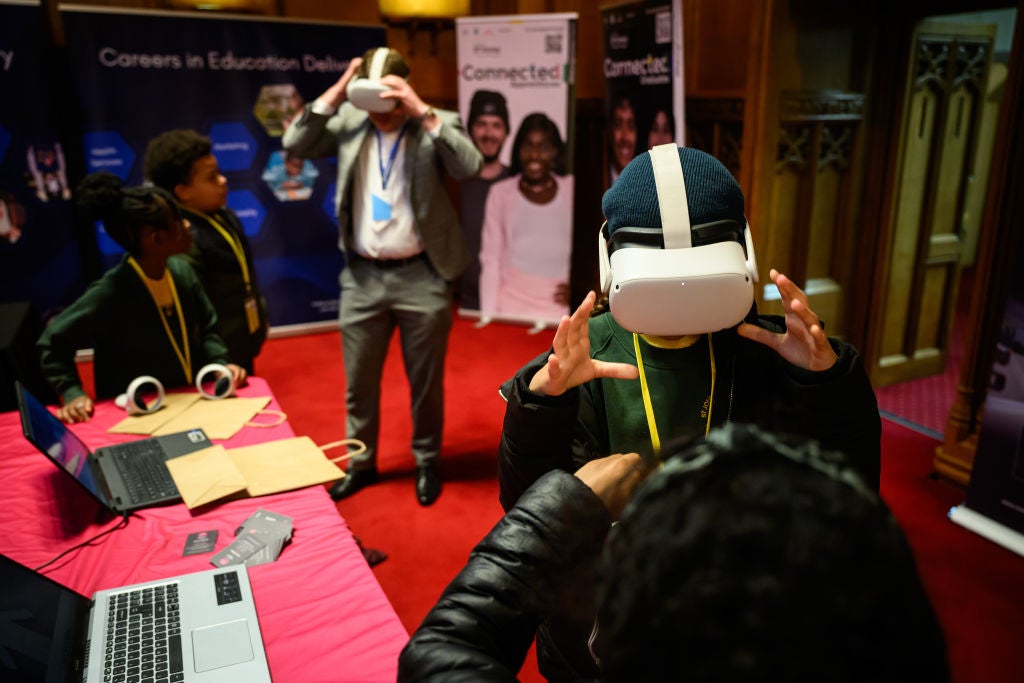
The metaverse, a virtual world where users share experiences and interact in real time within simulated scenarios, will be characterized by a high level of centralization. Big Tech will continue to benefit from the internet being centralized around their closed ecosystems. This trend will continue in the metaverse, where interoperability will not be achieved in 2023, as predicted by GlobalData in their latest report, TMT Predictions 2023.
Enterprises will not agree on a single vision of the metaverse
Enterprises are developing different versions of the metaverse, which is a major barrier to future interoperability. This is because the platforms will be dependent on disparate software, making an online world where avatars can traverse different platforms more difficult. Big Tech is leading the charge in metaverse development, and they are not working in close conjunction with other platforms. For example, Microsoft’s vision of the metaverse focuses more on potential enterprise use cases, whereas Meta is focusing on the social aspect. However, there are some glimmers of a willingness to cooperate, with Meta and Microsoft partnering to include Microsoft enterprise applications in Meta’s metaverse platform.
Consumers will be a driving force for interoperability
A more interoperable metaverse platform will only be realized when supply-and-demand-side pressure demands it. In the consumer market, an early attention driver of the metaverse has been the involvement and promotion exhibited by brands like Gucci and NIKE. There will initially be multiple different walled garden metaverses, which will confine an advertising campaign to a single audience.
Consumers will be dismayed by the inability to use the same avatar across different platforms and will push for this to be possible. This feature would only initially be available on decentralized platforms. For instance, the blockchain-based platform Somnium Space allows users to transfer custom avatars from external platforms like Ready Player Me. Decentralized platforms are seen as the antidote to the control exhibited by closed ecosystem platforms, but they are suffering from a chronic lack of users, as demonstrated by Decentraland and The Sandbox.
Hardware immaturity curbs the prospects of an interoperable metaverse
New user interfaces (i.e., virtual reality (VR) and augmented reality (AR) headsets) will also hinder the concept of a single metaverse. This is because no user devices have scaled significantly to create large user bases. Big Tech has largely confined the utility of these headsets to private use cases like workplace collaboration, training applications, social collaborations, and gaming. With no clear winner to date, many companies have started to develop their own VR and AR devices, with their own operating systems, applications, and standards. Microsoft and Meta have developed theirs, and Apple’s is rumored to be launching soon.
China is investing heavily in the user interface layer of the metaverse value chain. The country is likely to have a unified vision of what the metaverse will look like, keeping with the theme of a centrally planned, strictly regulated economy. This may be a positive indication that China’s metaverse will deliver interoperability.
How well do you really know your competitors?
Access the most comprehensive Company Profiles on the market, powered by GlobalData. Save hours of research. Gain competitive edge.

Thank you!
Your download email will arrive shortly
Not ready to buy yet? Download a free sample
We are confident about the unique quality of our Company Profiles. However, we want you to make the most beneficial decision for your business, so we offer a free sample that you can download by submitting the below form
By GlobalDataHowever, this is only likely to be true for China’s domestic market. Considering its current geopolitical stance, it is highly unlikely that China’s metaverse will be interoperable with those based overseas. This conforms to the current trend of a fragmenting internet, known as the ‘splinternet’. The metaverse will not become interoperable until there is a common definition and accepted standards, the underlying technologies and user interfaces mature, and when there is sufficient regulation. This will certainly not be in 2023.









Related Company Profiles
Apple Inc
NIKE Inc